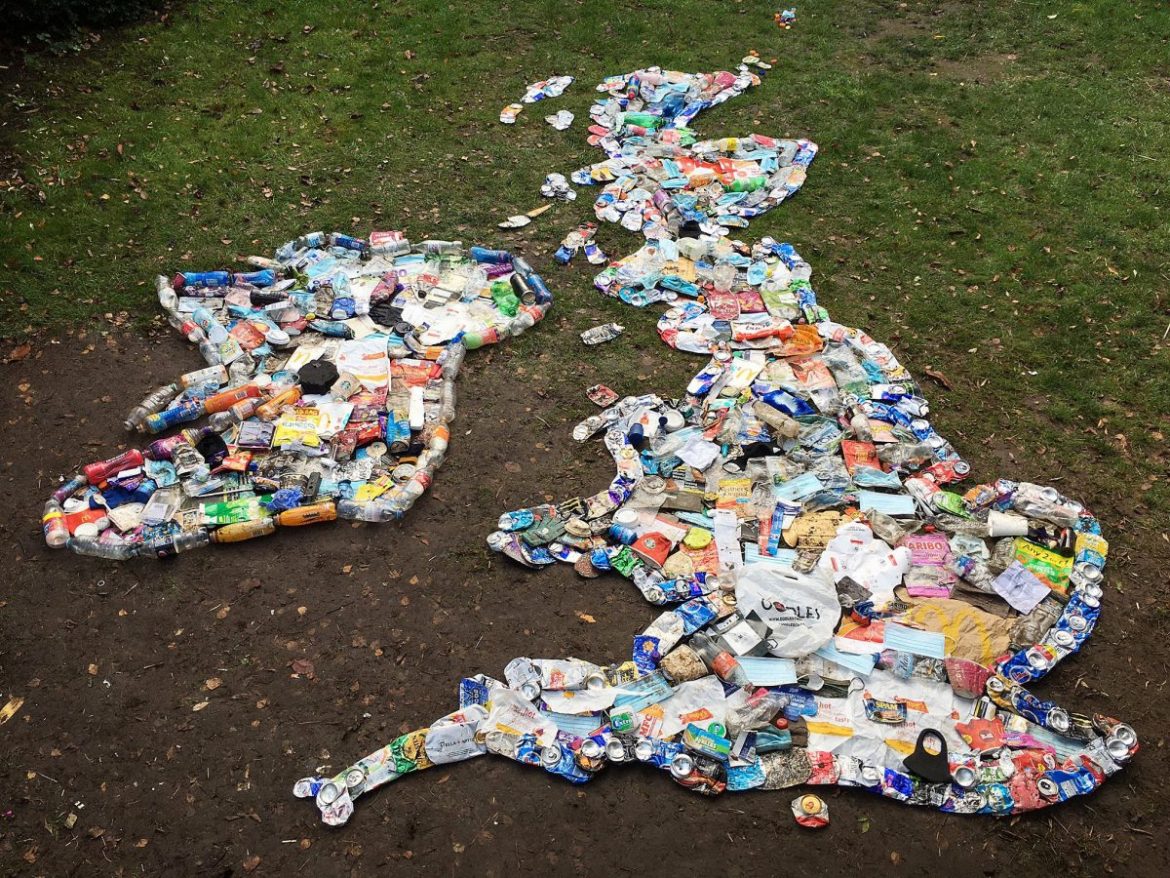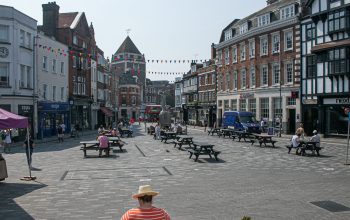With the launch of its latest green initiative, Kingston Council is encouraging residents to create a local circular economy. So, what is a circular economy?
What is a circular economy?
The circular economy is a system designed around cutting the waste we create through reusing materials.
The aim is to create a continuous, sustainable loop of manufacturing where products are recycled and remade to reduce waste and avoid draining limited resources.
In linear economies, many products are designed to be single-use which consumes resources and can be very harmful to the environment.
The two sides of the circular economy
The Ellen Macarthur Foundation, a leading international charity pushing for the circular economy says it is made up of two cycles.
The technical cycle focuses on non-biodegradable materials like plastic and metals.
These materials can be collected, recycled, and remanufactured into new products which not only saves money but materials as well.
In a circular economy, products such as phones or engines are made with the purpose of being reassembled near the end of their life cycle.
The biological cycle focuses on extending the life and use of renewable resources such as food, timber or cotton.
These materials can’t be reused forever but they can be broken down for other uses to promote sustainability.
The British Woodworking Federation says that timber, a biodegradable material is vital to a circular economy.
At the end of its life, timber can be broken down into sustainable fuel or other materials like chipboard.
In short, the circular economy is all about reusing what you can, and prolonging the use of what you can’t.
Why switch?
As of 2021, The UK released over 500 million tonnes of carbon dioxide into the atmosphere and created over six million tonnes of landfill waste.
In a time when climate change is an ever-increasing fear, proponents of the circular economy say that these new methods of production need to be accepted.
Not only does the circular economy have environmental benefits, but it can help to make industries more robust in times of crisis as well.
A 2020 study of Belgian businesses found that 66% of circular businesses did not suffer any losses during the COVID-19 2020 lockdown, compared to only 2% of non-circular businesses.
Everyone can join the circular economy at the grassroots level.
If you wish to learn more on how to turn your local economy into a circular one, visit the THINK GREEN panel hosted by Kingston Council on Tuesday November 28.
Political Editor and Reporter for the Kingston Courier






